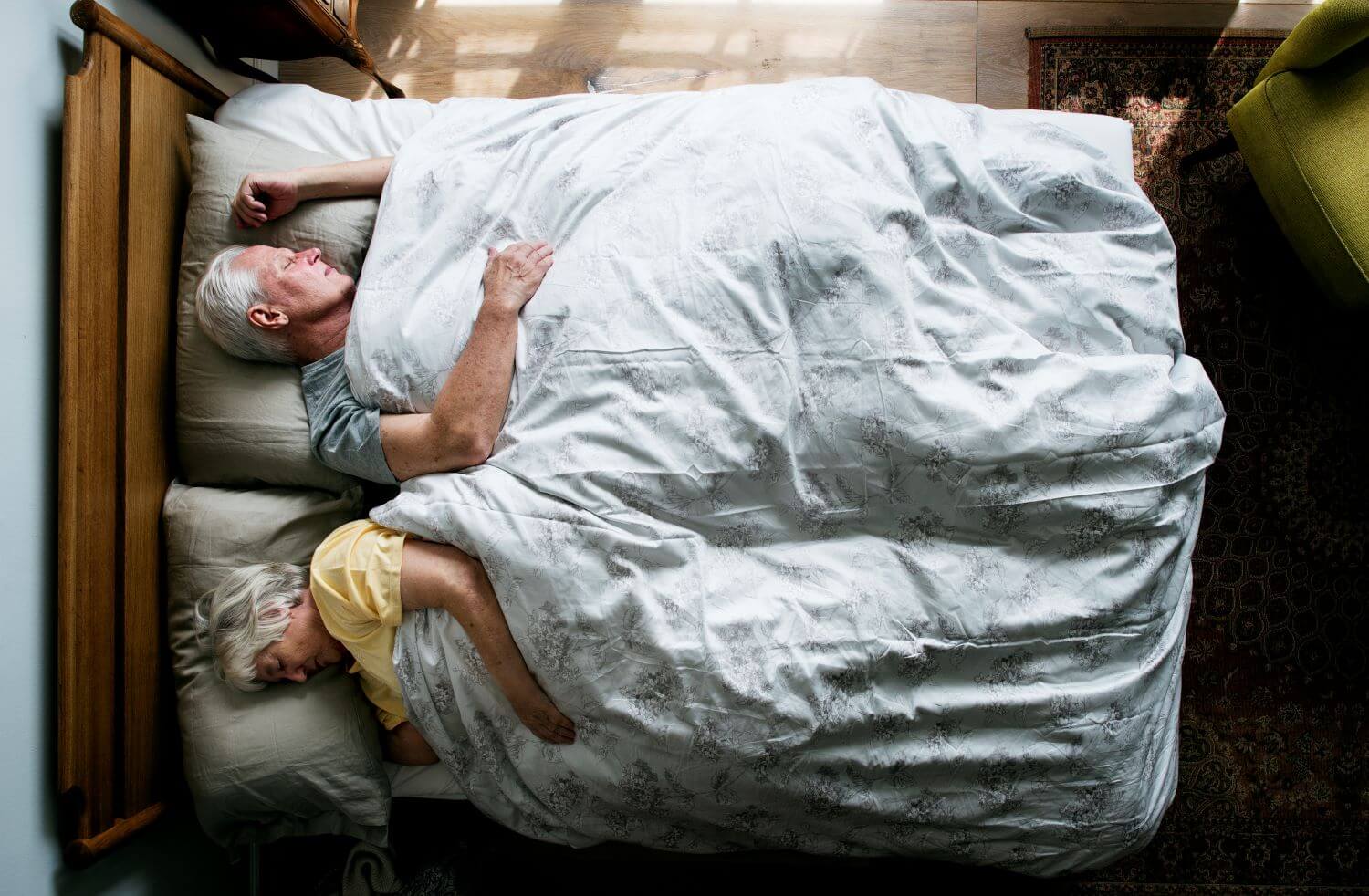
Did you know sleep patterns change as you age?
Most people find as they grow older they;
Begin waking up earlier in the morning
Start getting tired earlier in the evening
Develop insomnia
Wake during the night, unable to return to sleep
These changes can be complex for anyone, but add Dementia, and these minor problems can turn into enormous problems.

Types of Dementia Sleep Problems
Dementia also brings a few problems of its own into the mix, further complicating sleep issues. The most common sleep problems found in those with Dementia are:
Insomnia is having trouble falling asleep, staying asleep, or getting good-quality sleep.
Hypersomnia is excessive day sleeping, even after a full night’s sleep
Waking at night unable to go back to sleep.
Altered sleep cycles are inconsistent sleep patterns and may include having their days and nights mixed up.
Behaviors can include increased confusion, agitation, anxiousness, or even aggressiveness.
Shelter of Calm:
Your Guide Through Dementia's Storm!
Is Dementia's chaos stealing your peace?
We're here to restore the calm, empowering you to confidently face each challenge.
Take the first step towards transformation now.

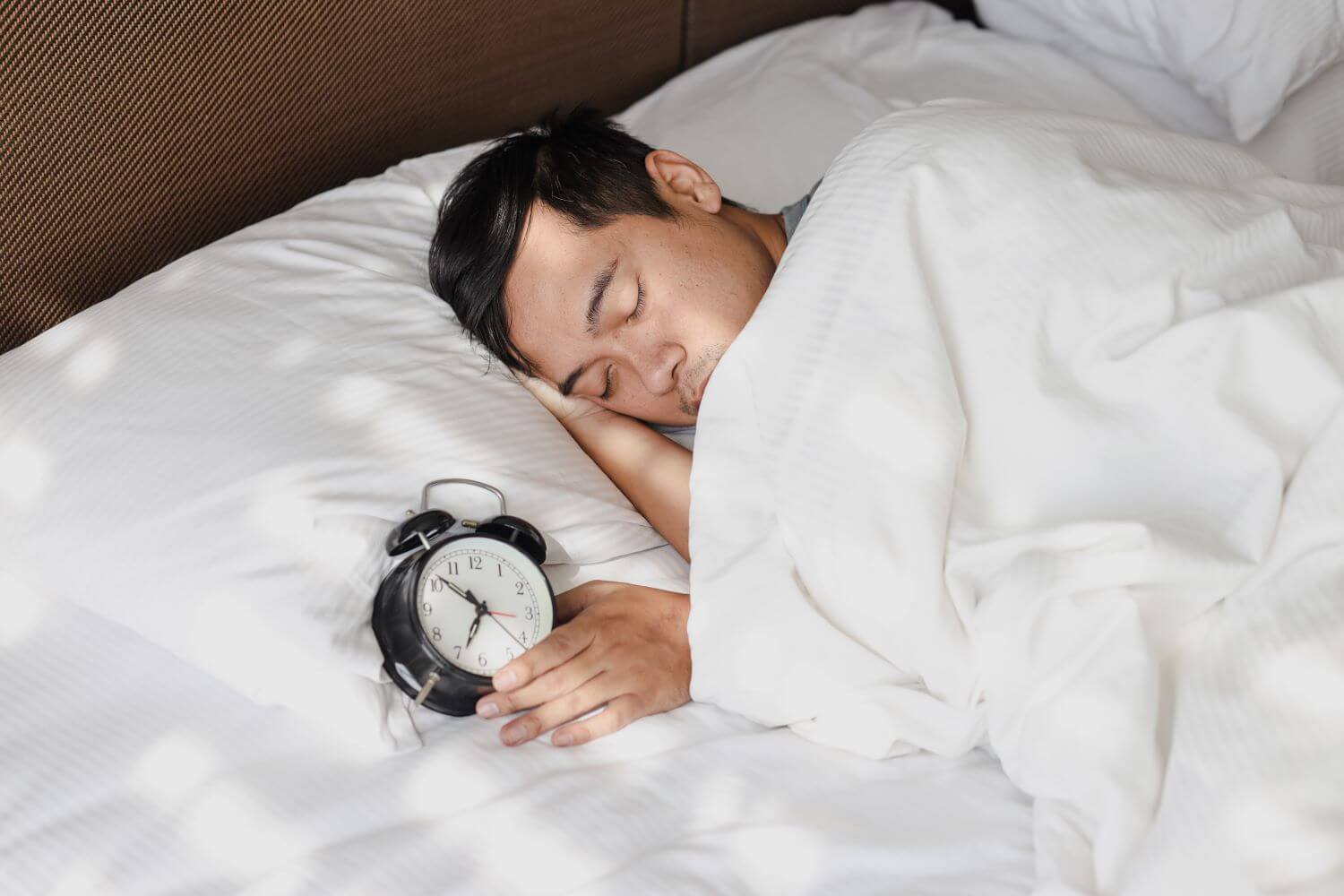
Why do these Dementia sleep problems occur?
Changes in the brain are often the cause of Dementia sleep problems.
For example, the Circadian rhythm is your body’s internal clock; it is the 24-hour cycle that keeps your body running. It includes physical, mental, and behavioral changes. It is reset by the sun’s light and dark cycle. Our brains react to the light coming in through our eyes and tell the body to wake up or go to sleep. If the area in the brain that serves as our internal clock is affected by Dementia, the body may not receive the sleep/wake signals it needs.
Some Dementia sleep issues are related to physical problems such as restless leg syndrome, sleep apnea, or toileting needs.
Another cause for Dementia sleep problems could be environmental. One of the most significant environmental factors behind sleep issues is temperature. Their sleep may be interrupted if they are too hot or cold. Noise can also be an issue; too loud or too quiet.
Many people don’t realize how important light is to someone with Dementia; not only does it help regulate their sleep cycle, but it may also be a source of comfort for them.

How to get Dementia patients to sleep at night
There are many tips to help with Dementia sleep problems. Here are the tips found to be the most helpful to caregivers.
Plenty of exercise during the day. Have them help with household chores, anything that gets them up and moving around.
Limit Naps try to discourage naps or keep them short
Have a bedtime routine. Whatever works best with your lifestyle. Examples include a cup of cocoa, soft music, pajamas, brushing teeth, toilet, and lights out. In addition, the exact sequence every night will help them maintain that memory longer, and bedtime will go much smoother.
Exposure to sunlight will help. Open all of the curtains and let the sun into the house. Whenever possible, try to get them out in the sun. Sunlight helps regulate the natural sleep cycle, especially early in the day. If you can’t get sunshine, try adding bright lights to the house.
Avoid all stimulants like coffee or tea in the afternoon/evening—none or minimal alcohol because of the risk of interfering with medicines and increasing confusion.
A night light can help them feel a sense of security and re-orient them when they wake up during the night.
The bathroom should be well-lit, so they can find their way there and back.
The room temperature is comfortable, and a cooler room works better than a warm one.
Avoid too much mental stimulation in the evening, such as loud action movies; even the evening news can rile them up.
A relaxed, peaceful evening helps ready them for sleep.
Treat physical discomforts, such as a Tylenol before bed, for someone with arthritis.
Back, hand, or foot massage before bed can help relax them
Ensure the area is quiet; some people have found a white noise machine helps block out other household noises.
Sleep medications must be used cautiously in those with Dementia. Talking to your doctor about what drug to use would be best. Some over-the-counter sleep medicines can cause increased confusion and lead to falls. However, many people have found Melatonin to be safe and helpful.

Dealing with Dementia sleep problems can be exhausting for all of those involved.
Dementia sleep problems affect the entire household, not just the person with the disease. People with Dementia often have a hard time sleeping. Waking at night and wandering around the house is one of the more difficult sleep issues. However, if you have a loved one waking during the night, you can try a few things.
Ask if they are hot or cold at that time and make adjustments.
Limit fluids after dinner.
Offer a snack before bedtime.
Toilet before bed and once during the night if toileting is the problem.
Ensure clothing is out of sight so they don’t think it’s time to get dressed.
Gently remind the person that it is night-time and time to sleep.
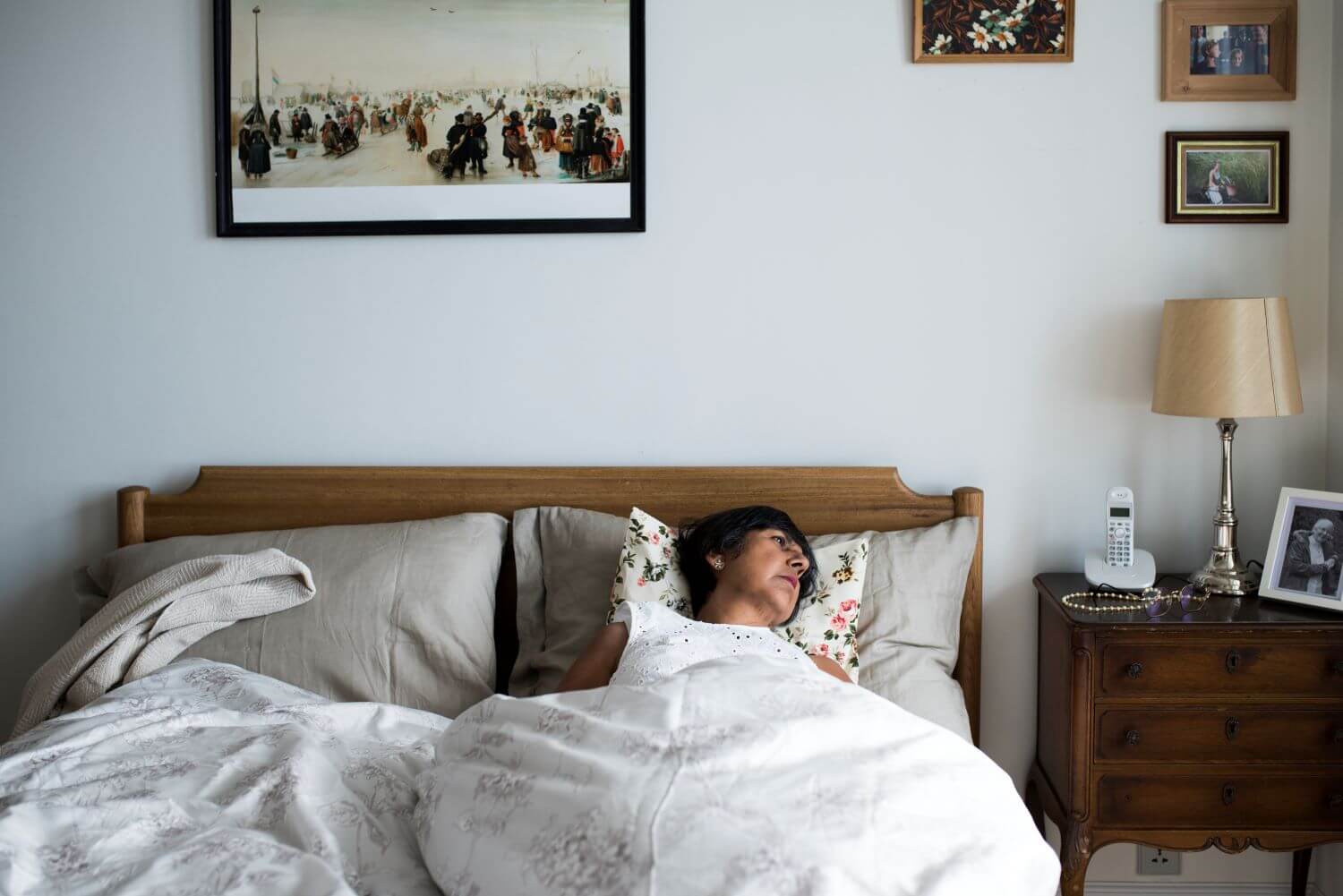
Insomnia is the most challenging Dementia sleep issue!
Some people with Dementia can stay awake for a few days without sleep. I knew one woman who would walk for three days straight. She did not sleep. It was all we could do to get her to sit and eat for a few minutes. First, she would walk for three days. Next, she would suddenly stop walking, sleep for twenty-four hours, and start the process again.
Call for reinforcements if you are caring for someone with an irregular sleep cycle! In any event, insomnia is something you can only handle alone for a short time.
If the Dementia sleep problems become too severe and you are not getting enough sleep, ask for help. Many caregivers don’t like to ask for help, but insomnia is the exception. Talk to family members or friends. Have someone spend a night or two as often as needed. However, do not allow yourself to become sleep deprived. You will both suffer if you do.
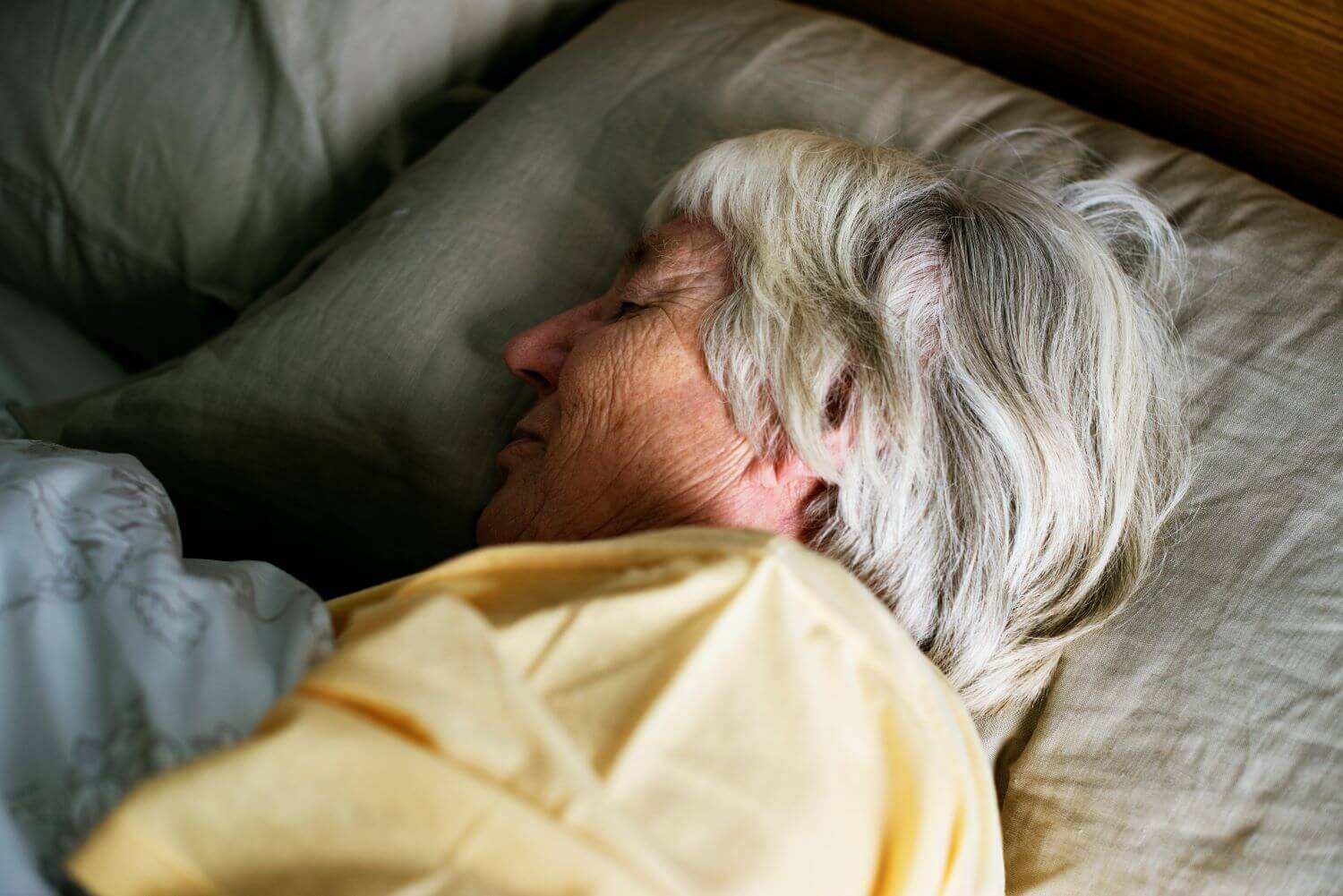
Dementia Sleep in the Late Stage
When your loved one is in the later stage of Dementia, you will find that their sleep time increases. Often they will sleep 20-22 hours the day. As a result, they become entirely dependent on the caregiver for everything, including turning and repositioning them in bed.
Repositioning is critical. Their skin will break down if they lie in the same position for too long. That skin breakdown is called a pressure injury. In the old days, we called them bed sores. I currently work in a hospital and see patients admitted frequently with pressure injuries they developed at home from not being repositioned often enough.
It is also a good idea to track their sleep patterns.
Almost all those with Dementia will develop sleep problems. However, there are interventions you can try. But first, you need to track their sleep problems, what you have tried, and what has worked. This information will help your doctor know when it is time to prescribe sleep medication, and it will help him determine what time of medicine to prescribe.
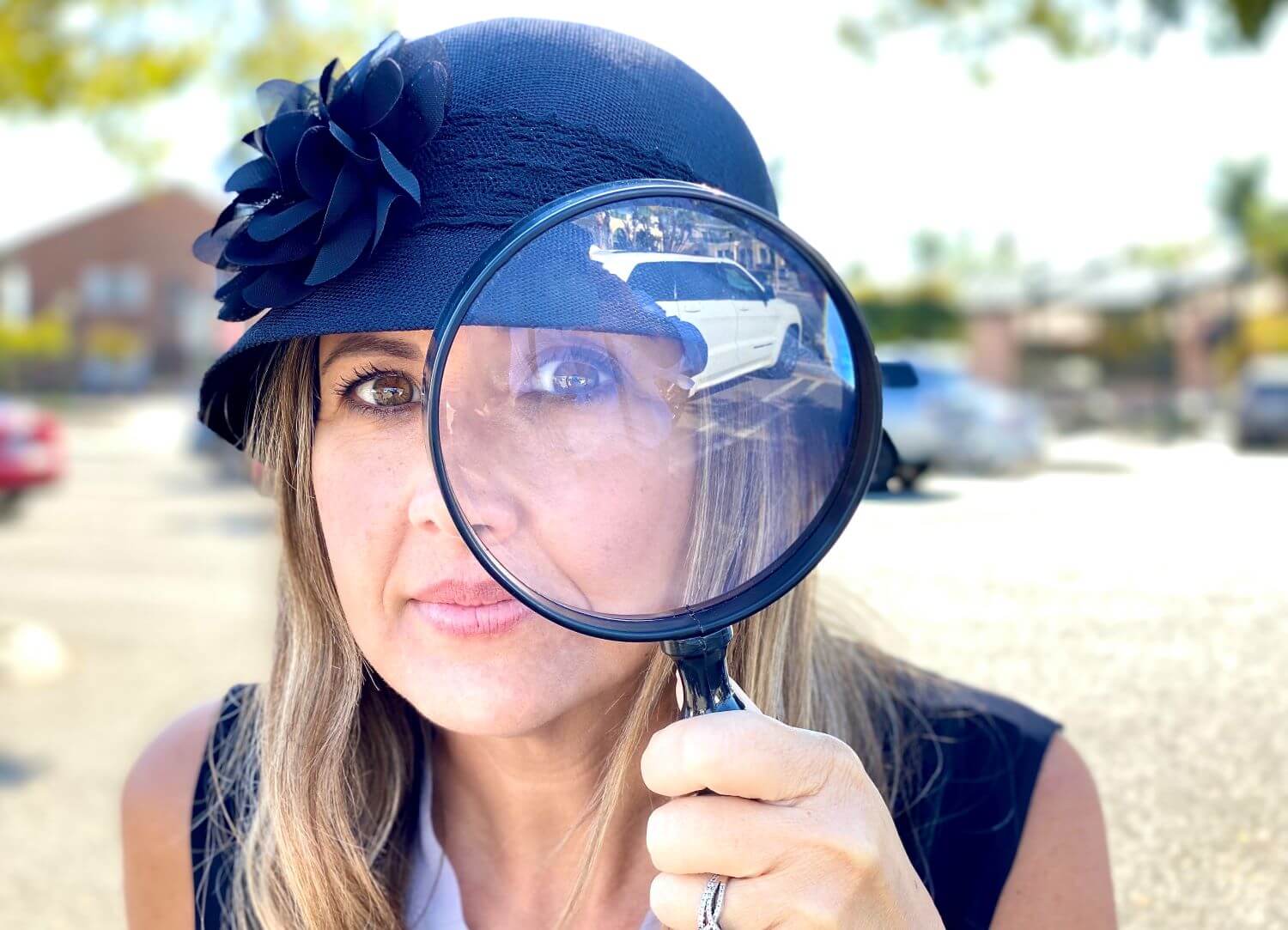
Solving Dementia Sleep Problems
Need help getting through the frustrating, long nights brought about by Dementia sleep issues?
I have the solution to help you get through the Dementia Sleep issue phases! The good news is these phases do pass, but the sooner you identify the issues and what actually works for your loved one, the sooner you will get back to sleeping all night.
To solve your loved ones sleep problems, you have to get to the root of the problem! You have to find the WHY!
To find the why, you need to investigate and find what is behind the problem. You need to think who, what, when, where, and why. You need to gather the data, what led to it, when did it happen, why it happened, what did you try, what worked, and what didn’t work.
You have to become a very good detective when you are a dementia caregiver!!
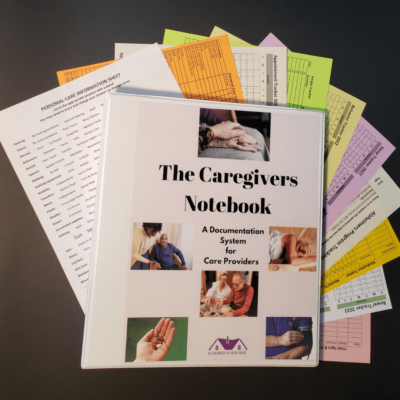
So I created the perfect detective tool for Caregivers called The Caregivers Notebook.
This tool helps you see the big picture instead of just the daily interactions. This way, you can see the trends in your loved ones’ sleep problems and find the solution quicker.
If you do not already have a dementia documentation system in place, please look at The Caregivers Notebook; it’s a favorite detective tool for Dementia Sleuths.
The Dementia Caregiver Blog Library
Activities, Advanced Directives, Agitation, Apathy, Approach, Apps for Caregivers, Basic Caregiving, Bathing, Bathroom Safety, Caregiver Burnout, Caregiver Compassion, Caregiver Emotions, Caregiver Help, Caregiver Loneliness, Caregiver Support, Cold & Flu Season, Communication Challenges, Dehydration, Dementia Complications, Dementia Doctors, Dementia Safety Home, Dementia Types, Dementia-Friendly, Dressing Issues, Driving Safety, Eating Problems, Fall Prevention, Family Help, Finances, Guns & Dementia, Harm Prevention, Healthcare, Help at Home, Hiding Dementia, Holidays, Hospice, Hospital Stay, In-Between Stage, Kitchen Safety, Laughter, Legal Healthcare, Marijuana use, Medication Tips, Music, Nutrition, Pain, Patience, Poop Problems, Relationships, Reminiscing, Routine, Safety, Sense of Purpose, Shadowing, Sleep Issues, Stages of Dementia, Sundowning, Television, Time Travel, Traveling, Toileting, Wandering
Exploring Caregiving Tools & Resources? Don't Forget to Check Out My Resource Page! 🌟

Hi, I’m Larea, a Certified Dementia Specialist and Registered Nurse with 30 years of hands-on experience helping dementia patients in various settings, from hospitals to nursing homes and hospice. Drawing on personal experiences with my family members and patients over the years, I’m here to help guide you on your caregiving journey.

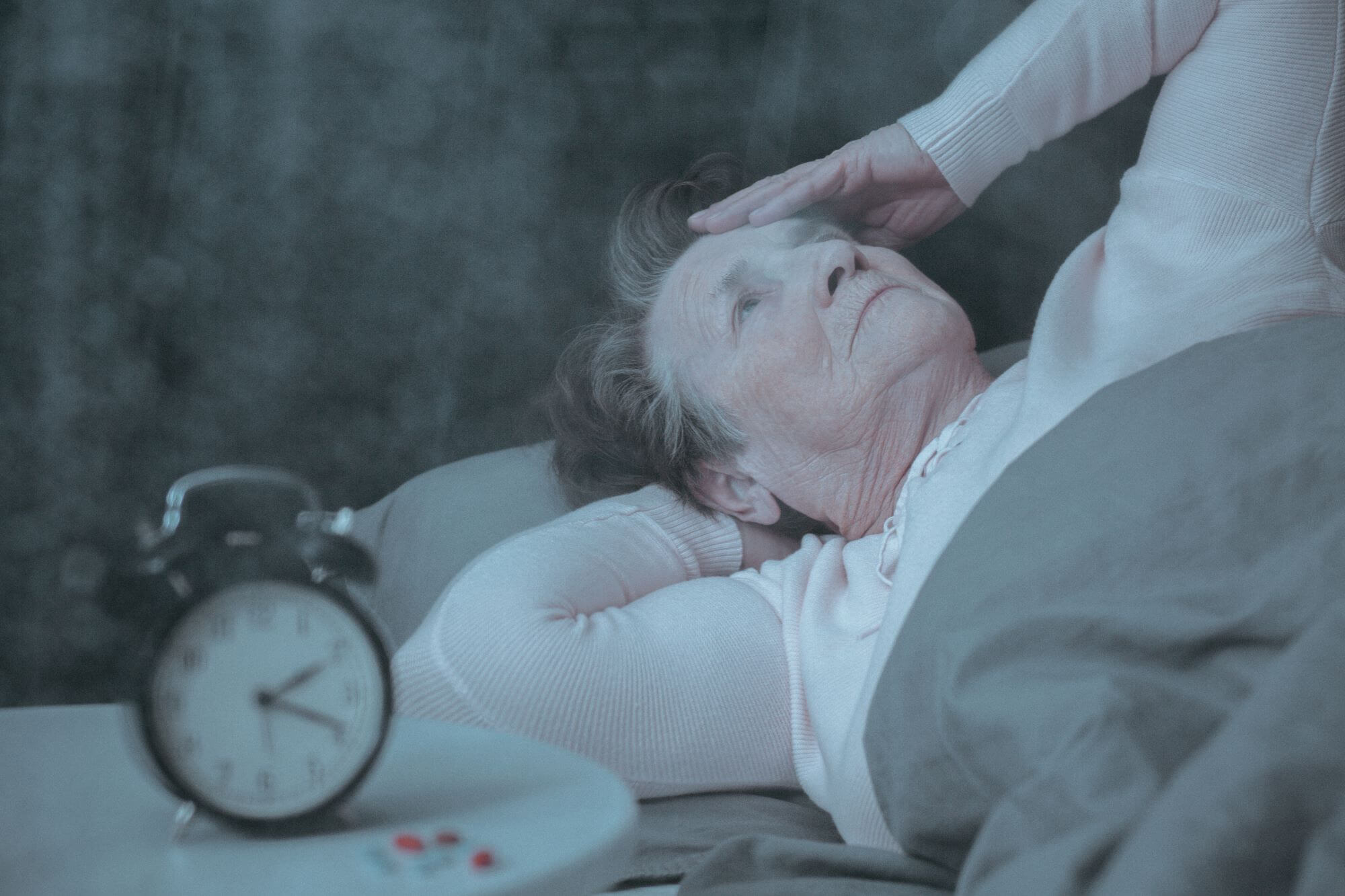
0 Comments